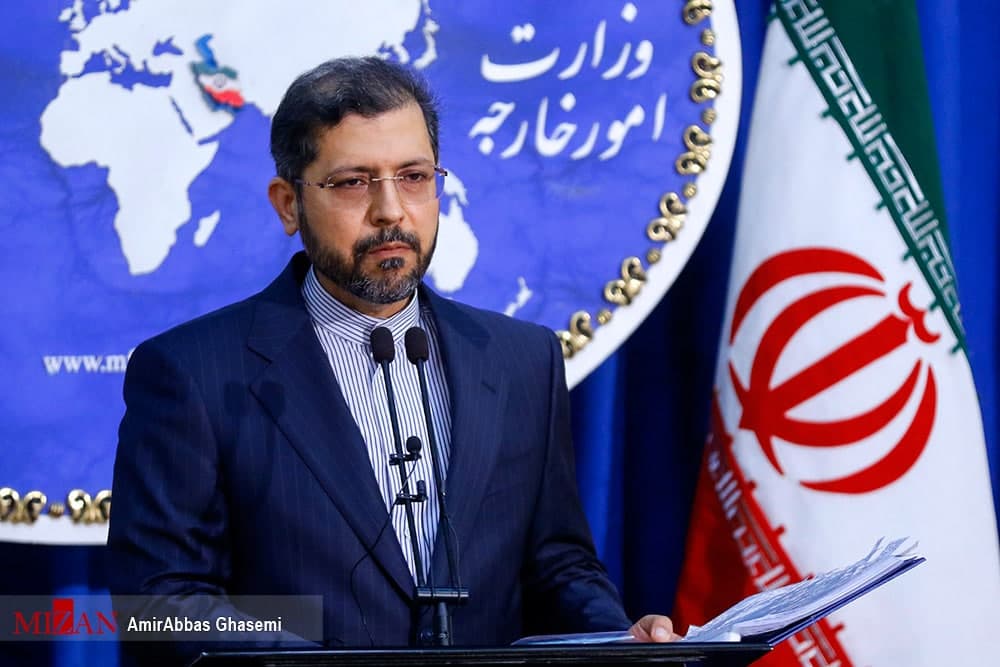Khatibzadeh dismissed the statement as utterly unconstructive.
He dismissed as “double standards” the policy adopted by certain countries which claim that they want to ameliorate their relations with Iran, but at the same time level unfounded accusations against Iran.
He said the GCC is hostage to the excessive demands resulting from the failed policies of a clamourous few from GCC member states.
“Such stances toward the Islamic Republic of Iran will undermine dialogue-oriented viewpoints, turn the region into a depot of ammunitions produced by Western companies and lay the groundwork for further interference by foreigners in this important region,” the spokesman noted.
“Despite the recent crime by the Israeli regime and the martyrdom of hundreds of defenceless Palestinians in Gaza and the desecration of the holy shrine in the Holy Quds, we are regrettably seeing that some regional countries shamelessly continue to turn a blind eye to these crimes and target their attacks at the Islamic Republic of Iran and resistance groups in the region,” he said.
“Countries whose intervention in other countries has led to the killing of innocent citizens, especially in Yemen, and the spread of insecurity and terrorism in the region, seek to cover up their anti-human rights crimes through blame games and avoid international punishments,” he added.
Khatibzadeh rejected the provisions of the GCC foreign ministers’ statement on Iran’s nuclear program and reiterated Iran’s compliance with laws and regulations.
“The Islamic Republic of Iran has always lived up to the international law and its commitments; so, it brooks no interference in its nuclear and missile programs as well as issues associated with its military, defence and deterrence policies,” he said.
“These countries had better make good on their unfulfilled commitments towards international organizations, including the International Atomic Energy Agency (IAEA),” Khatibzadeh underlined.
“The exorbitant military expenses spent by some GCC member states as well as their interventionist actions in other countries have become evident to the whole world,” he said.
Khatibzadeh expressed hope that the GCC member states pay attention to the realities of the region instead of releasing threadbare statements and adopt approaches which accommodate regional dialogue and cooperation.
He reiterated that the three islands of Abu Musa, the Greater and Lesser Tunbs are an integral part of Iran’s territory.
“Any claim contrary to this position is regarded by Iran as worthless and as interference in its internal affairs and territorial domain,” he added.
“Based on its strategic standpoint and fundamental policies, Iran has always said that the solution to regional problems are based on interaction and cooperation, and has welcomed initiatives geared to the promotion of relations based on international principles and regulations,” he said.
